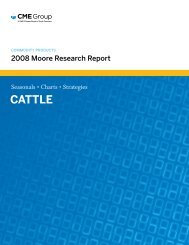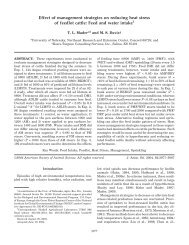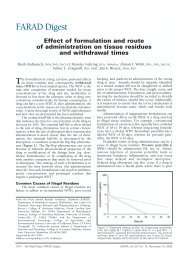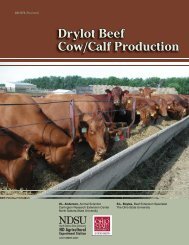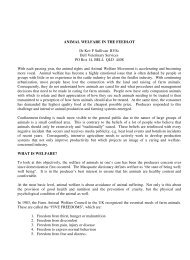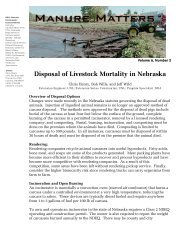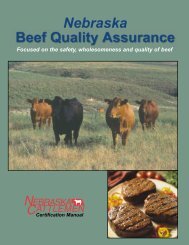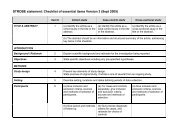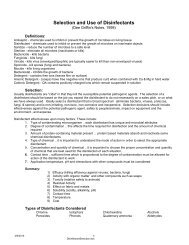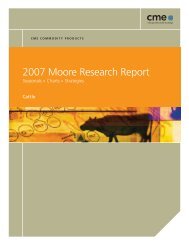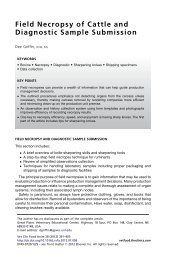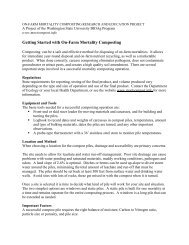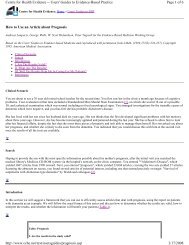CRIMES WITHOUT CONSEQUENCES - gpvec
CRIMES WITHOUT CONSEQUENCES - gpvec
CRIMES WITHOUT CONSEQUENCES - gpvec
You also want an ePaper? Increase the reach of your titles
YUMPU automatically turns print PDFs into web optimized ePapers that Google loves.
1.1 About the Author<br />
Crimes Without ConsequenCes<br />
Dena Jones has directed a number of advocacy campaigns for national and international<br />
animal protection organizations. She holds a Master’s of Science degree in animals and<br />
public policy from Tufts University School of Veterinary Medicine and has more than<br />
15 years of experience advocating for animals, including five years as a farm animal<br />
welfare consultant. Ms. Jones has researched and reported on various issues related to<br />
farm animal protection, such as the evidence of sentience in farm animals and U.S. farm<br />
animal welfare standards.<br />
1.1 About the Animal Welfare Institute<br />
Since its founding in 1951, the Animal Welfare Institute (AWI) has sought to reduce<br />
the sum total of pain and fear inflicted on animals by people. One major goal is to<br />
abolish factory farms and achieve humane slaughter for all animals raised for food. AWI<br />
researches, investigates, educates, advocates and lobbies on behalf of animals.<br />
In the 1950s, AWI founding president Christine Stevens studied humane slaughter<br />
methods, visiting plants in the United States, England, Holland and Denmark. AWI<br />
sponsored scientific research on slaughter methods and collected a substantial body of<br />
technical information on the practical application of all humane methods of slaughter,<br />
as well as information on the historical background and legal status of humane slaughter<br />
throughout the world.<br />
AWI lobbied for the adoption of the Humane Methods of Slaughter Act and its 1978<br />
amendment. Initially, AWI supported increased appropriations for enforcement of the<br />
law as called for by Senator Robert Byrd of West Virginia, but when it became clear that<br />
the USDA was not using the funds as intended, AWI sought to educate the public and the<br />
U.S. Congress about the misuse of taxpayer funds—which continues today.<br />
Through its Animal Welfare Approved program, AWI has provided technical expertise to<br />
plants to encourage improved compliance with the law. AWI lobbied in support of a 2002<br />
Congressional Resolution in support of sound enforcement of the Humane Methods of<br />
Slaughter Act and continues to seek both solid enforcement of the law and the expansion<br />
of its coverage to all species raised for consumption.<br />
1.3 Acknowledgements<br />
The author appreciates support received from Farm Sanctuary and the U.S. office of the<br />
World Society for the Protection of Animals (WSPA) in the preparation of this report.<br />
Helpful comments and suggested revisions were offered by Cathy Liss, president of AWI;<br />
Cat Carroll, communications associate of AWI; Lori Kettler, senior counsel for People for<br />
the Ethical Treatment of Animals; and Gail Eisnitz, chief investigator, Humane Farming<br />
Association (HFA).<br />
6




